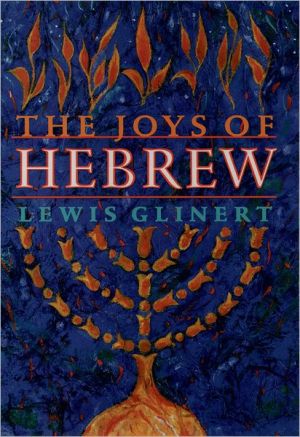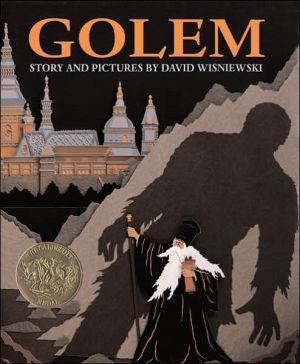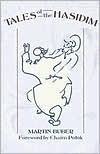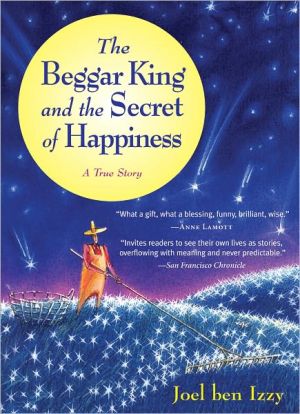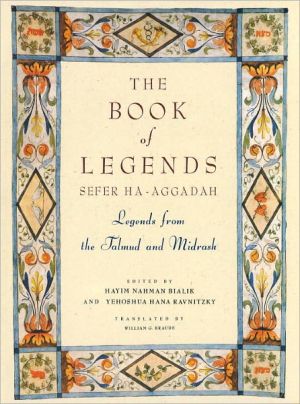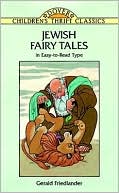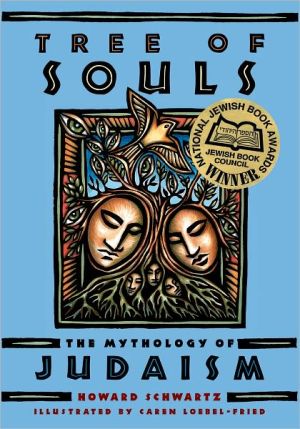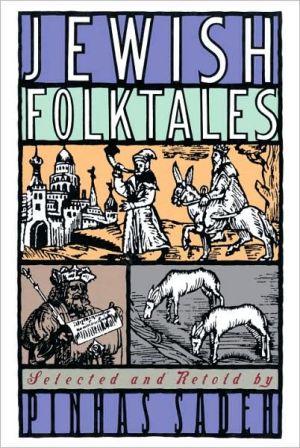The Joys of Hebrew
When do you say mazal tov? What is the English equivalent to the Talmudic expression Alya ve-kots ba ("a sheep's tail with a thorn in it")? What is a get, a golem, a kibbutz, a chalutz? What four plant species are waved during prayers on the harvest festival of Sukkot? You'll find answers to these questions and hundreds of others--all in clear English--in this remarkable collection of the best known, most loved Hebrew words and phrases in the English speaking world.\ From Acharon to Zohar,...
Search in google:
When do you say mazal tov? What is a get, a golem, a kibbutz, a chalutz? What four plant species are waved during prayers on the harvest festival of Sukkot? You'll find answers to these questions and hundreds of others in this remarkable collection of the best known, most loved Hebrew words and phrases in the English speaking world. From Acharon to Zohar, this informative and often humorous dictionary features over six hundred Hebrew words and expressions arranged in alphabetical order (the Roman alphabet is used throughout, as well as Hebrew head words). The first such guide to Hebrew, this volume is more than a mere lexicon—it is a jubilant celebration of Hebrew itself, a treasure trove of Jewish wit, wisdom, culture, and tradition. Lewis Glinert provides a concise definition of each entry, and then illustrates the word's usage with generous passages from the Bible and the Talmud, the prayers and the sayings of famous rabbis, the razor's edge of Jewish humor, excerpts from the work of Elie Wiesel, S.Y. Agnon, Naomi Shemer and other contemporary writers, folklore from all over the Jewish world, and colorful slices of modern Israeli life. In addition, Glinert provides at the back of the book an alphabetical list of familiar biblical names in English, Sephardi/Israeli Hebrew, and Ashkenazi Hebrew. Library Journal Glinert (Hebrew and Jewish studies, Univ. of London) has brought together a collection of more than 600 entries on ``the best known and most lovable Hebrew words and sayings.'' Although the style is light-hearted, the author knows his subject. The arrangement is alphabetical according to an excellent transliteration. Entries range from the familiar Bar Mitzvah and chutzpah to rachmanut (``compassion'') and tsarr gidul banim (``the stress of raising children''). Definitions are drawn from literature, folklore, and history and from everyday and esoteric sources. Glinert delights in sharing punchy anecdotes and humorous stories. Nor does he slight etymology. An introductory essay surveys the fate of Hebrew from its ancient beginnings to the present, a fate which parallels that of the Jewish people. A significant virtue of this book is the author's clear explanation of the difference between Hebrew and Yiddish. He relates the history and development of each language and notes their intersecting points. This title will be welcomed on its own merits for its easy readability and informative entries. One of the few on the subject available to readers of English, it makes no pretense of being comprehensive. Recommended for libraries without William Chomsky's classic Hebrew: The Eternal Language (Jewish Pubn. Society, 1975).-- Libby K. White, Schenectady Cty. P.L., N.Y.
\ Library JournalGlinert (Hebrew and Jewish studies, Univ. of London) has brought together a collection of more than 600 entries on ``the best known and most lovable Hebrew words and sayings.'' Although the style is light-hearted, the author knows his subject. The arrangement is alphabetical according to an excellent transliteration. Entries range from the familiar Bar Mitzvah and chutzpah to rachmanut (``compassion'') and tsarr gidul banim (``the stress of raising children''). Definitions are drawn from literature, folklore, and history and from everyday and esoteric sources. Glinert delights in sharing punchy anecdotes and humorous stories. Nor does he slight etymology. An introductory essay surveys the fate of Hebrew from its ancient beginnings to the present, a fate which parallels that of the Jewish people. A significant virtue of this book is the author's clear explanation of the difference between Hebrew and Yiddish. He relates the history and development of each language and notes their intersecting points. This title will be welcomed on its own merits for its easy readability and informative entries. One of the few on the subject available to readers of English, it makes no pretense of being comprehensive. Recommended for libraries without William Chomsky's classic Hebrew: The Eternal Language (Jewish Pubn. Society, 1975).-- Libby K. White, Schenectady Cty. P.L., N.Y.\ \ \ \ \ BooknewsA guide to some 600 Hebrew words and expressions in active use among English-speaking Jews--presented with pronunciations and defined with reference to sources ranging from Psalms through Chasidic one- liners to Israeli pop songs. Annotation c. Book News, Inc., Portland, OR (booknews.com)\ \
